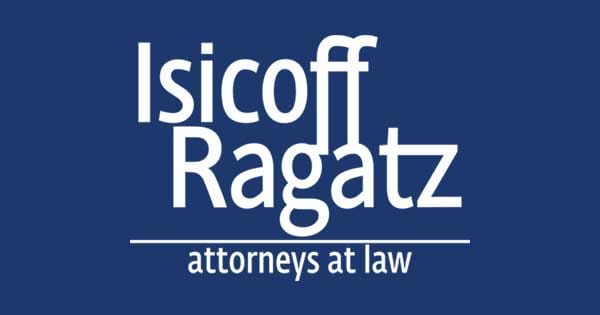Protections for whistleblowers, and the implications of those protections, are important for both employees and employers to understand. There are both federal and state protections for whistleblowers who report wrongdoing in their workplaces.
Protections for whistleblowers
Whistleblower protections can protect everyday workers who report illegal activity or improper activity in their workplaces. Examples of reports by employees that may trigger whistleblower protections can include reporting sexual harassment claims or reporting pollution in violation of environmental laws as an example.
Employees who report fraud may be covered by whistleblower protections. Workers in nursing homes who report unsafe or unsanitary conditions may also be protected by whistleblower laws. Hospital employees who report safety violations likewise may be protected.
Additionally, public employees who witness discrimination and discriminatory policies in their workplaces may be protected by whistleblower protections for reporting the illegality. Another category of workers that may be protected by whistleblower laws can include employees of small businesses who report violations of employment laws or business regulations by their employees.
Employees who report illegal activity or wrongdoing who are protected should not be retaliated against. Employers cannot retaliate by firing the employee or engaging in other types of retaliatory actions against the employee.
Employees generally should have a good-faith belief that the employer is violating the law or engaging in wrongdoing to enjoy whistleblower protections. Employment law provides protections for front line workers and executives if they are reporting illegal activity or wrongdoing by their employer. Any worker considering reporting wrongdoing in their workplace should consider who whistleblower laws may help protect them.

